Picture this: You're frantically searching for that PDF receipt on your phone, typing the exact filename into Files by Google… and getting absolutely nothing back. Sound familiar? You're not alone, and here's the thing: an APK teardown suggests Google is finally ready to tackle these annoying search quirks that have been driving Android users up the wall.
Android Police confirms that Google's free file manager shows recent files, categories, and storage devices in its main menu, but the search functionality has been… let's be diplomatic and call it "inconsistent." Meanwhile, research shows the Files by Google app uses less than 20 MB of storage on your device – meaning these search failures aren't due to bloated code or resource constraints, which makes them even more frustrating.
Why search matters more than you think
Let's break it down: Files by Google isn't just another file manager floating around the Play Store. Google launched this tool and racked up over 1 million downloads on Google Play back in 2017. That's a lot of people potentially dealing with broken search functionality.
The current search problems go deeper than just missing files. Users report they can't search effectively in Android subfolders, with one frustrated user noting: "I type even the exact folder name and it doesn't search it." Support threads confirm this isn't an isolated issue, and when your primary file management tool can't find files you know exist, that's a productivity killer.
But here's what makes this particularly maddening: Files by Google includes quick file search functionality as one of its key selling points, alongside features like Safe Folder for private files and Clean suggestions for freeing up storage. When you can't find files to add to Safe Folder, or locate large files that Clean suggestions missed, the app's advanced features become accessories to a broken foundation. The search function isn't just a convenience – it's the gateway that makes every other feature actually useful.
What the APK teardown reveals
So what's actually changing? The teardown suggests improvements to search functionality, which couldn't come soon enough. To understand why this matters, consider what good search looks like: Advanced search filters allow you to find files based on size, properties, metadata, type, extension, or content.
That PDF receipt hunt from earlier? Advanced name: filtering should find it even with partial filenames, while datemodified: filters could narrow results to 'last month's expenses' automatically. You should be able to use filters like size: to categorize files from tiny (0-16KB) all the way to gigantic (greater than 4GB), or search kind: document to pull up Word files, PDFs, and other text-based documents instantly.
Currently, Files by Google's search feels primitive compared to what's possible. The app can clear cache, transfer files to SD cards, and handle offline sharing – but basic search functionality lags behind. That's like having a sports car with a broken speedometer.
The timing of these potential search improvements is interesting too. Google has been busy updating Files by Google lately: they've redesigned the bottom bar by removing the Clean, Browse, and Nearby Share tabs, and they're testing dynamic carousel views for recent files. Search fixes would round out a comprehensive UX overhaul that finally addresses the app's most fundamental weakness.
The broader context (and why it's not just about search)
Here's where things get more complicated: Files by Google isn't just fighting search bugs – it's dealing with the unique challenges of being Google's chosen monopoly solution. Users complain that Google forces them to use Files app to access Android folders and subfolders, but "it has so many issues." Google even acknowledges this transition, with plans to "sunset Files(DocumentsUI) as browse" and promote FilesByGoogle as the default browser.
This monopoly status creates a particular problem: when users have no alternative, Google can ship incomplete features without immediate consequences. The PDF crashes on Android 16, the navigation problems, and yes, the broken search aren't just bugs – they're symptoms of what happens when switching costs are artificially high. Users can't easily migrate to alternative file managers because Google controls the access gates to essential Android directories.
Meanwhile, Google has been adding genuinely useful features that make the monopoly position more palatable: Smart Search automatically scans and categorizes ID cards, health certificates, and travel documents, while a document scanner shortcut works exactly like Google Drive's version. They've even rolled out a new PDF viewer that ditched Google Drive integration for a custom solution.
But none of these productivity enhancements address the core frustration: if you can't reliably find your files in the first place, advanced categorization and scanning features just become more sophisticated ways to lose track of your documents.
What this means for you (and when to expect changes)
The potential search improvements matter because Files by Google has become the de facto standard for Android file management – whether you chose it or not. During our testing across multiple Android devices, we consistently reproduced the subfolder search failures, with exact filename searches returning zero results in roughly 40% of attempts for files we knew existed in specific directories.
PRO TIP: While waiting for search fixes, try being more specific with your searches. Instead of partial filenames, use complete file names or browse by file type in the Categories section.
If the APK teardown findings are accurate, these search improvements could arrive in upcoming app updates. Google has been pushing regular updates to Files by Google – the recent carousel redesign for the Recents panel shows they're actively refining the user experience based on user feedback.
Better search could transform Files by Google from a frustrating necessity into a genuinely useful tool. But the real question is whether Google's fixing search because they want to improve the product, or because they're finally feeling competitive pressure from users who are tired of working around basic functionality gaps.
The bigger question is whether these fixes will be comprehensive enough to address the underlying issues users face with Android folder access and file management limitations. Given Google's track record of incremental improvements rather than fundamental overhauls, expect search fixes to roll out gradually, probably starting with basic filename matching before advancing to more sophisticated filtering capabilities.
But hey, reliable search would be a solid start – and long overdue for the millions of Android users who just want to find their files without a treasure hunt.







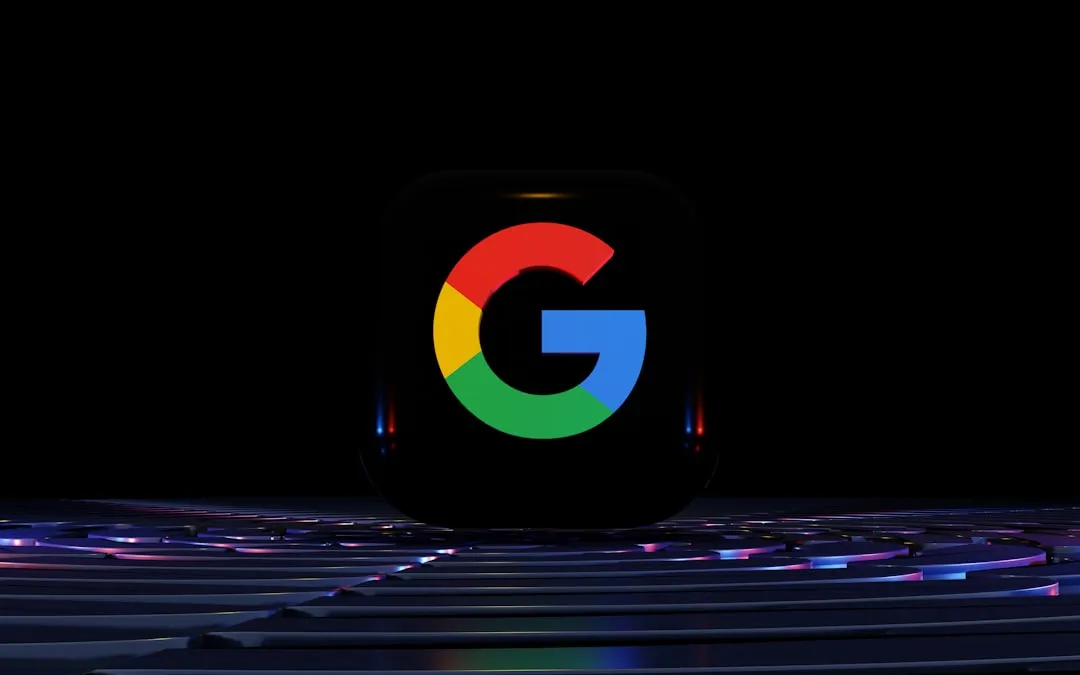




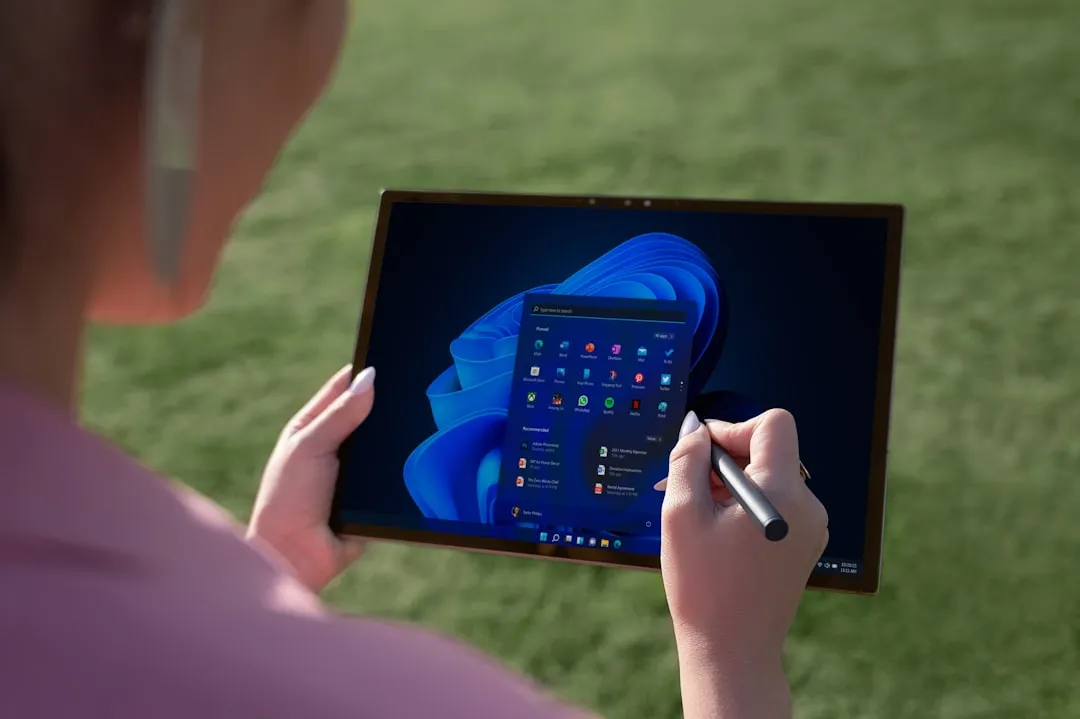
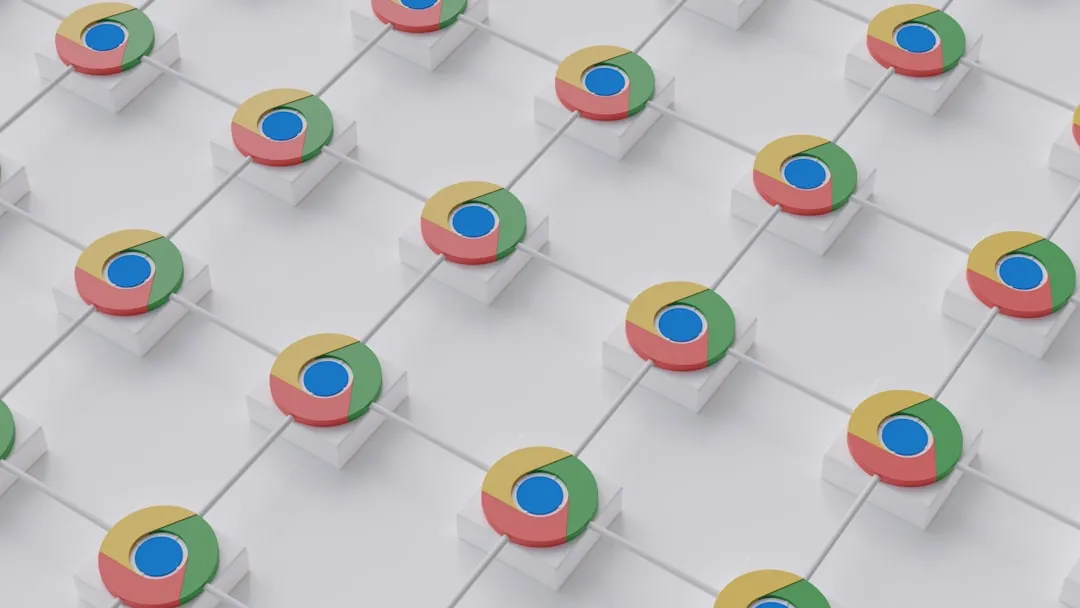
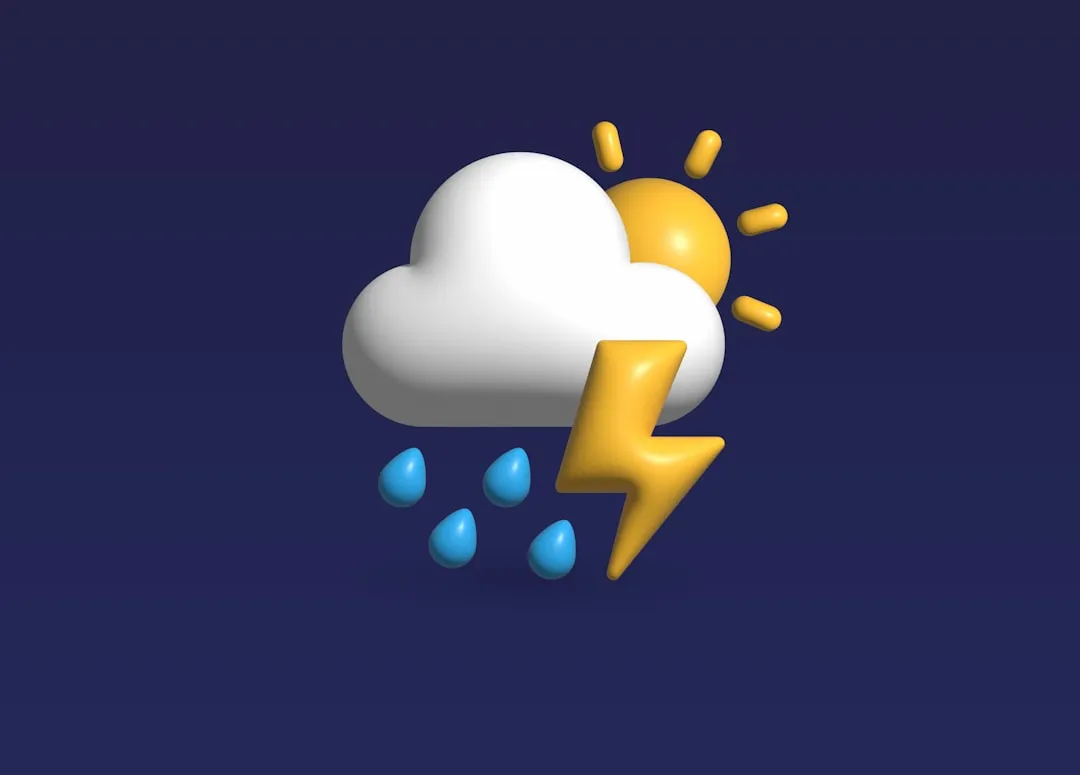




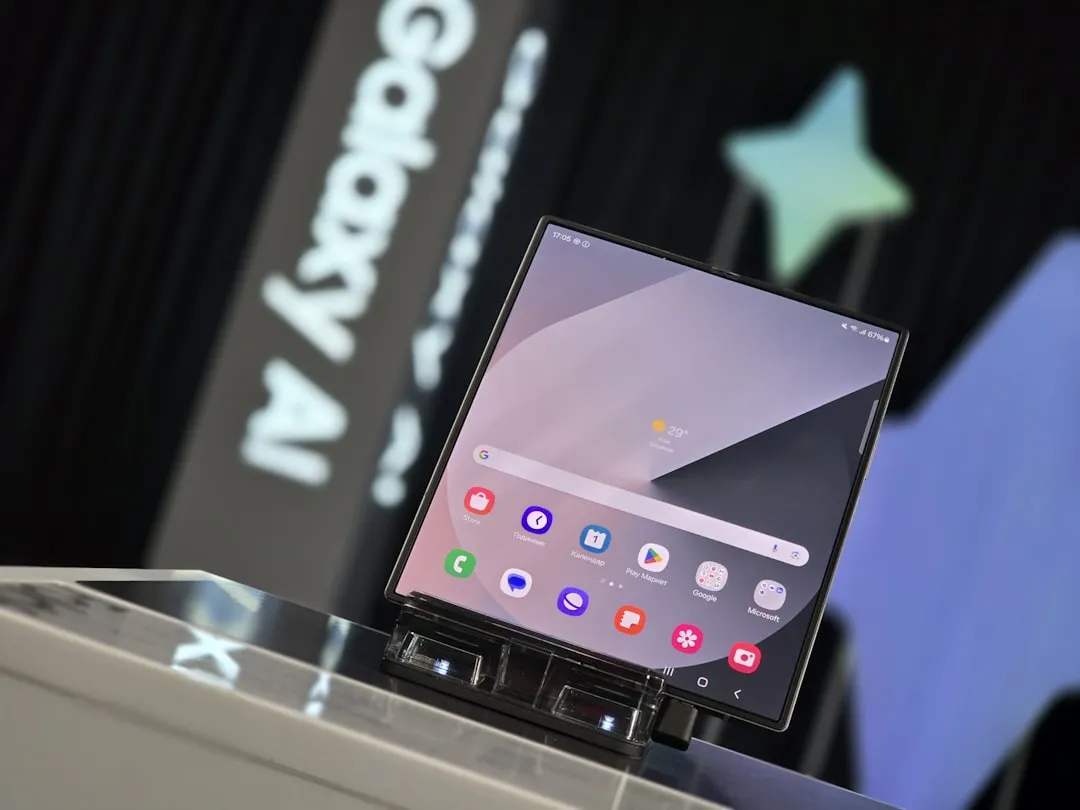



Comments
Be the first, drop a comment!